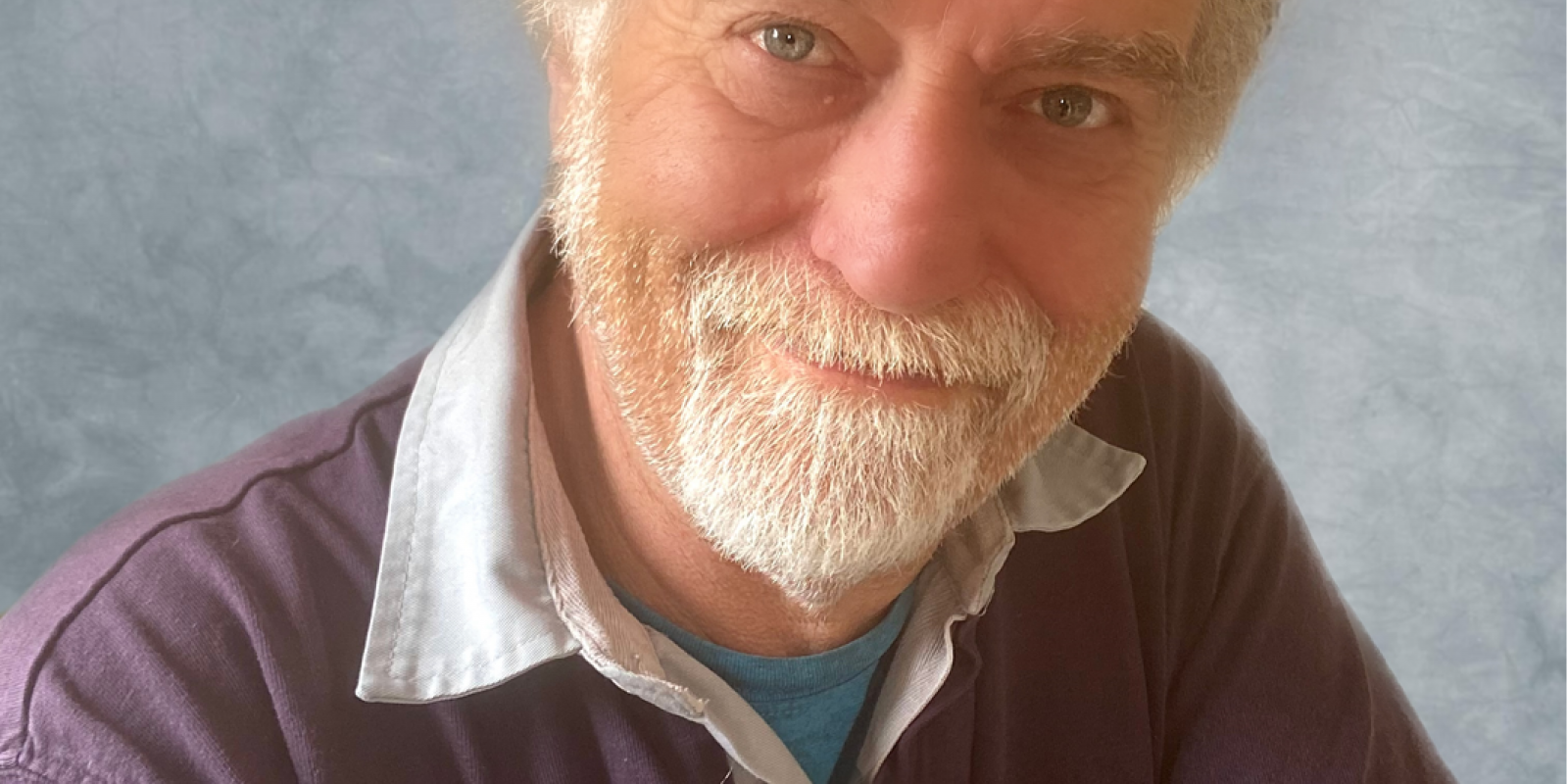With over 45 years’ experience in beverage technologies, Roger Yalden, Founder and CTO of Pfizics, shares this innovation journey with us in his exclusive blog, with additional comment from Dr Ali Aliyu, specialist in sustainable energy at the University of Lincoln School of Engineering.
Pfizics Ltd in Lincolnshire has developed a new technology that will revolutionise how gases and liquids can be combined instantaneously and bring incredible environmental and efficiency credentials to the global drinks industry. Supported by the Greater Lincolnshire LEP’s Clean Growth Accelerator Fund, this project is now progressing with support from the University of Lincoln’s School of Engineering to advance development and bring this revolutionary technology to market.
Pfizics’ Reverse Infusion Technology (RIT) brings a complete transformation of how gas is infused into liquids across a wide range of applications bringing ground-breaking impacts to the sector to include the removal of single-use plastic bottles and mitigating the need to transport high levels of water content, reducing the carbon footprint and cost of packaging and logistics.
“Back in 2018 I experienced a moment of revelation”, Roger explained. “The radical understanding surfaced that we were approaching the proposition of infusing high-pressure gas into liquids completely the wrong way round. Two years later I had engineered how to effectively put a new formula for reverse infusion into practice through a novel combination of the various laws of physics that govern the status of liquids and gas. Instead of adding the gas into liquid, we add the liquid into the gas, allowing for instantaneous, consistent gasification.”
Roger expects his technology to be faster, cheaper, and more consistent in operation than existing carbonation systems. In addition to holding vast potential for existing markets such as pubs and fast-food dispensing, this technology will create the opportunity to unlock new vending transformation. This includes plastic bottle re-use, critically addressing the increasingly high-profile problem of single-use drinks packaging in a way that both reduces costs and carbon-footprint. This also overcomes the major problem of how to effectively resolve the challenges of single use to make a significant contribution to the enormous problem of plastic pollution.
The Clean Growth Accelerator funding enables Pfizics to access the skills and expertise, across both academia and industry, required to tackle this problem directly from the heart of the food and drink industry located in the UK Food Valley in Greater Lincolnshire, which in parallel is leading the development of innovative, sustainable food chains.
Tapping into its network of existing connections and relationships, the extended Pfizics team combines strong analytical capability and business and commercial acumen, with a wealth of practical beverage industry experience, which combine to understand and resolve both the opportunities within the industry and the limitations of existing approaches.
“By developing the core Pfizics element in the Lincolnshire area we will be putting the local economy at the hub of an international sea change in beverages thereby enabling local businesses in the aligned sectors of engineering, beverage production, and distribution to develop new opportunities with a competitive advantage. This technology could deliver over £7m of new business a year for Lincolnshire based on the UK market alone.” says Roger.
Driven by Governmental legislation and consumer pressure to reduce greenhouse gas emissions, global beverage producers are developing and chasing new technical solutions to deliver their brands more sustainably.
“This project not only brings a high-potential clean growth product to market but represents a catalyst for this innovative solution across wider sectors using gasification technologies.”
However, for the time being, whilst there are many avenues of opportunity in various trade sectors such as agriculture, fuel systems and hygiene, Pfizics’ initial focus is firmly fixed on the way carbonated drinks are produced, packaged, distributed, and dispensed.
“This technology offers a very real major market opportunity in the global beverage sector in a manner similar to the way the Dyson Vortex changed the domestic vacuum industry.”
Project partner and specialist in sustainable energy & flow diagnostics at the University of Lincoln School of Engineering; Dr Aliyu Aliyu, added: “We are reassured by the endorsement of the Greater Lincolnshire LEP enabling the first step of the giant leap humanity needs can be taken right here in Lincolnshire.”
“This technology pioneered by Pfizics can revolutionise how drinks are carbonated with sustainability related advantages throughout the supply chain and the lifecycle of relevant raw materials. Single-use plastic bottles can be reused, less materials will be utilised, and huge carbon emissions erstwhile involved in transporting them will be cut off.
“The main challenge we face is proving it at scale and building the necessary infrastructure along the supply chain to fully take advantage of this innovation and at the Lincoln School of Engineering we are excited to partner with Pfizics and the LEP to help with the engineering required to take this forward.”
Roger concludes: “We can now move forwards at speed with our innovative new technology to commercialise with the added benefits of a reduced carbon footprint, utilising and growing local expertise in manufacturing and R&D, whilst boosting the local economy.”
200 new skilled jobs are on track to be created over the next five to seven years, along with significant additional new business development, IP opportunities, and product export potential, due to the significant competitive advantage.


